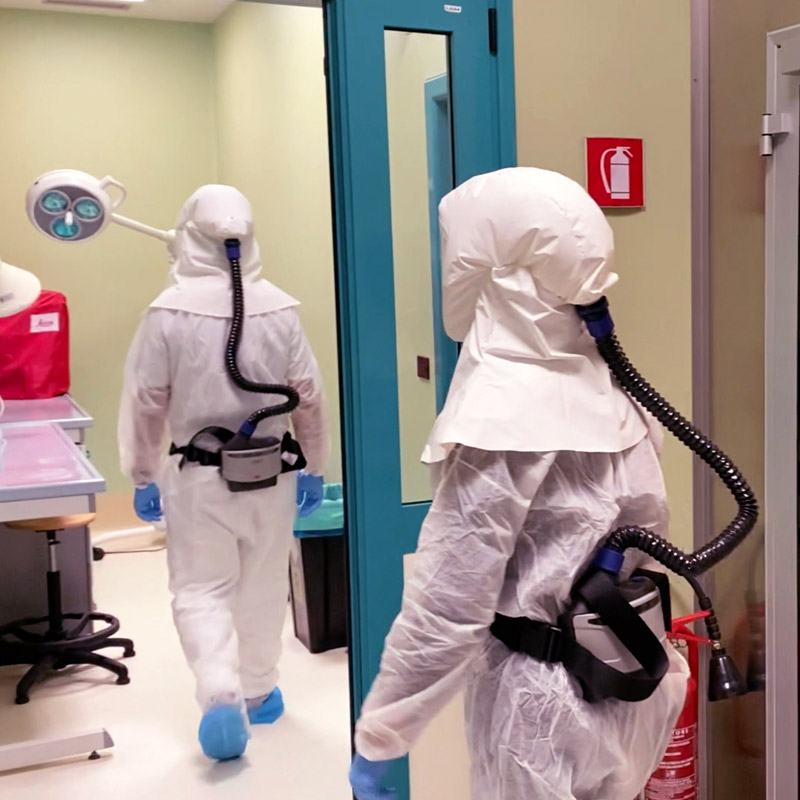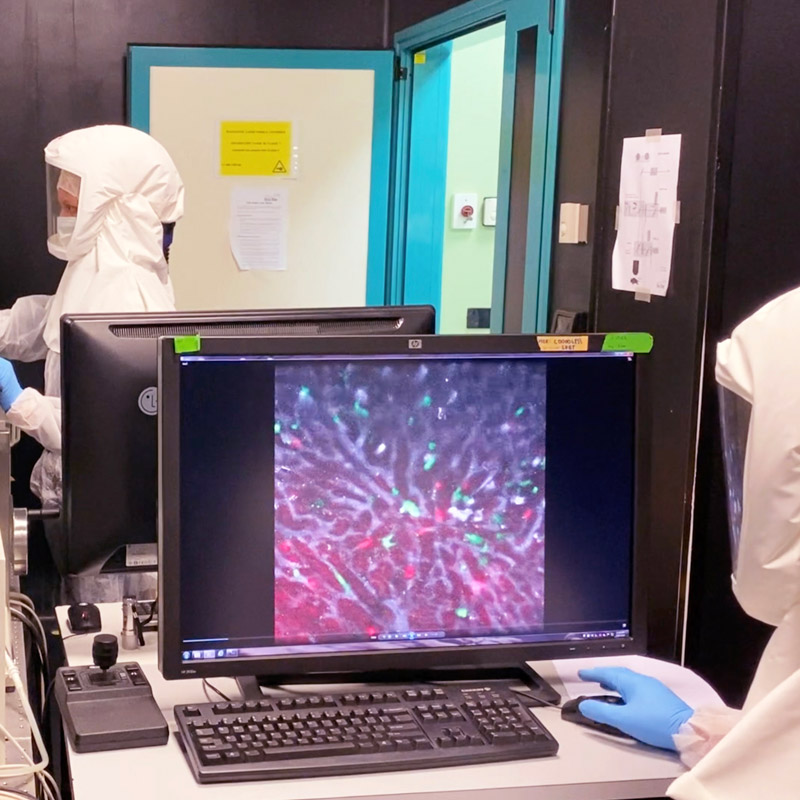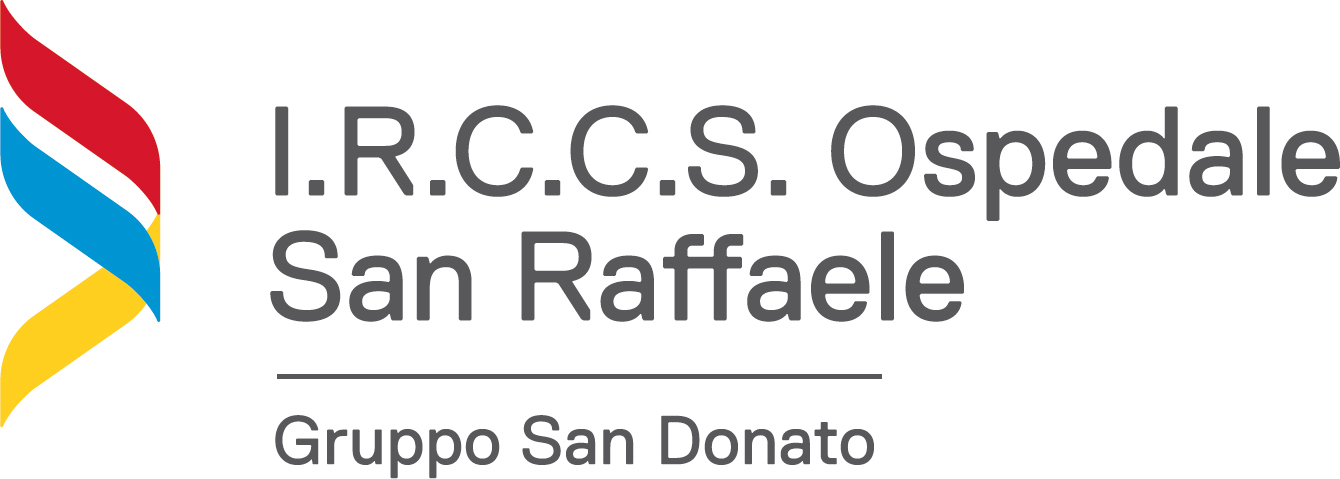New P3 Coronavirus laboratory at the San Raffaele Hospital
THE PROJECT
The project aims to create in the San Raffaele Hospital a maximum security area for in vivo studies of SARS-CoV-2 and other Coronavirus infections, indispensable for understanding in detail how the illness evolves and developing new, specifically active anti-viral therapies to combat it. Thanks to advanced technologies made available also with the help of the Prossimo Mio Foundation, this area is the only one of its kind in Italy and one of the few in Europe.
PROJECT DEVELOPMENTS
Professor Guidotti with more than 30 professionals including virologists, immunologists and technicians, together with leading European and American experts, handles experiments on the initial phase of development of new highly effective and specific anti-viral drugs to combat this and other Coronaviruses and studies of a vaccine.
A scholarship for a young researcher
The commitment of the Fondazione Prossimo Mio to work alongside the P3 biosecurity laboratory of the San Raffaele hospital continues. It is the only laboratory in Italy for the in vivo study of highly dangerous viruses such as SARS-CoV-2.
The FPM, in agreement with Professor Luca Guidotti, has financed a scholarship for a young researcher to be involved specifically in studying the efficacy of new classes of antiviruses and vaccines. Experiments are proceeding rapidly and researchers have succeeded in perfecting an innovative experimental model for studying the clinical manifestation of Covid 19. “Studying in a laboratory SARS-CoV-2 and its interaction with the immune system can prepare us for any species transmission of new coronaviruses in the same family, as with the MERS and SARS viruses,” says Professor Guidotti
A mathematician for a bio-security lab level P3
Dr. Chiara Laura, a bioscience computer expert, has a degree in mathematics, and has recently completed a doctorate in molecular biology. As the winner of a new grant from FPM, she is currently a post-doctoral fellow in the lab of professors Luca Guidotti and Matteo Iannacone at the Ospedale di San Raffaele in Milan.
“Biotechnology is an interdisciplinary field that integrates biology, informatics, math, and statistics. In the last few years – says Prof. Guidotti – we have witnessed a rapid development of biomedical technologies, accompanied by an exponential growth of data produced. Modern techniques of sequencing DNA, RNA, and proteins generate hundreds of thousands of pieces of information, which are different for every single cell of an organ or tissue. Considering that the human body is made up of more than 30,000 billions of cells, the volume of the data is immense, with billions of data generated every day.”
Using informatics instruments allows the analysis of this data and the development of math models that, once experimentally validated in the lab, strongly interconnect math and experimental medicine, thus permitting previously impossible kinds of analysis.



